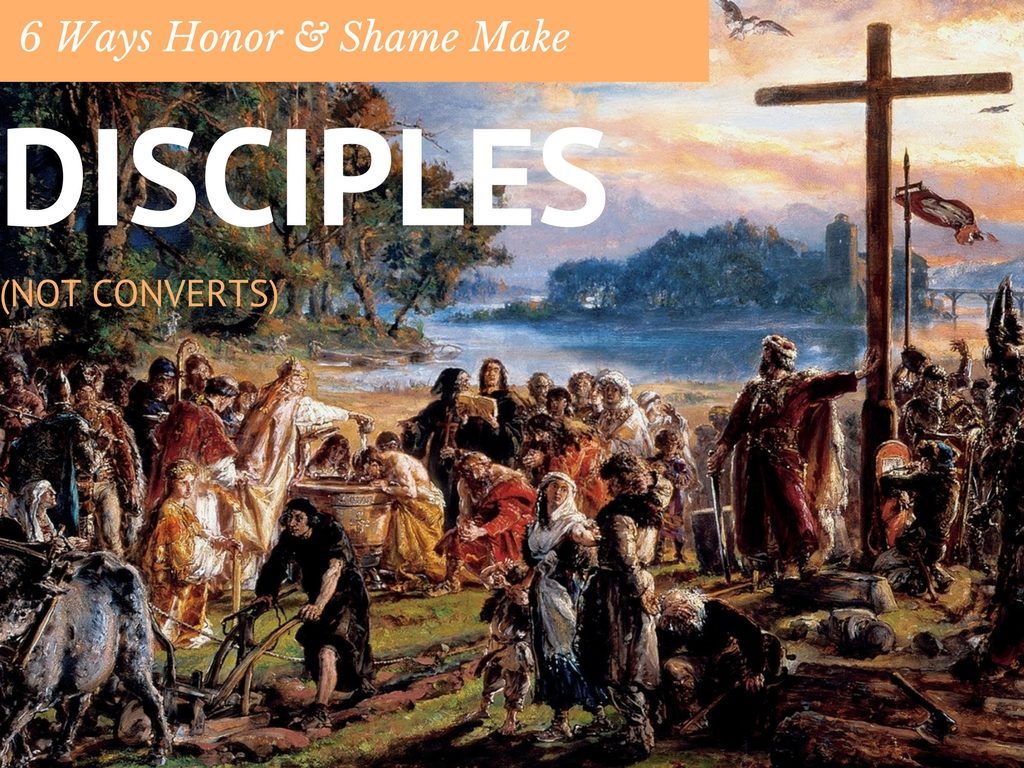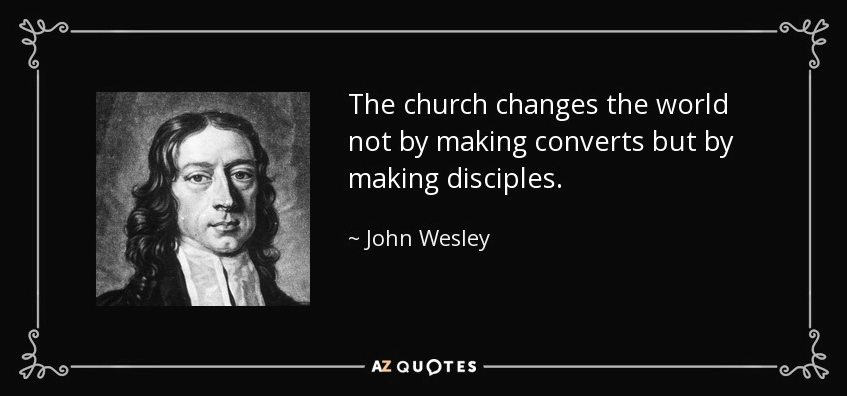6 Ways Honor and Shame Make Disciples (Not Converts)
Jackson Wu (Ph.D., SEBTS) teaches theology and missiology to Chinese leaders. He blogs at www.JacksonWu.org.
Honor and shame are essential for being and making disciples. They are more than mere labels used to describe culture and improve cross-cultural communication.
To explain my meaning, I wrote an article last year called “Does the ‘Plan of Salvation’ Make Disciples: Why Honor and Shame are Essential for Christian Ministry.” An honor-shame lens exposes potential blind spots in discipleship that can result from traditional gospel presentations. After all, our initial view of the gospel has disproportionate influence on the trajectory of our Christian life.
Here are six practical implications for ministry. How can understanding honor and shame improve efforts to make disciples, not mere “converts”?
1. Conversion of Group Identity
First, evangelism and discipleship methods should address the fact that following Christ changes one’s primary group identity. Conversion is anything but a private matter.
Because Christ is King of all nations, it is essentially public in nature. An honor-shame perspective corrects the individualism that undermines the church being a family. In short, honor-shame may be God’s “plan of salvation” for rescuing the church from individualistic Christianity.
2. Freedom in Community
Second, the church is set free from the fear of shame. Christ’s followers belong to a community that shares a radically new sense of honor and shame. Therefore, they no longer esteem the world’s praise (cf. Rom 2:28–29). David deSilva observes that 1 Peter gives “us a window into how a leader within a minority culture deflects the majority culture’s attempts to impose shame as a ‘corrective’ measure, thus nurturing the continued life and witness of the minority culture” (The Shame Factor, 164).
3. Worldview Transformation
From an honor-shame perspective, the gospel transforms one’s entire worldview. Honor and shame provide a holistic framework for seeing the world. With one’s whole life––whether we eat, drink, or whatever we do––Christians seek to give God “face”, i.e. magnify God’s worth.
“Normal” is redefined. Believers do not want to bring shame upon God’s name or His people. In evangelism, they make clear the cost of following Christ, being wary of superficial professions of conversion.
4. Saving Faith as Seeking “Face”
Fourth, an honor-shame perspective clarifies the nature of true faith. The gospel calls disciples to give allegiance to the King of kings. Jesus essentially defines faith in terms of seeking glory:
“How can you believe, when you receive glory from one another and do not seek the glory that comes from the only God?” (John 5:44)
Whose “face” do you seek? “Face” refers to one’s public reputation or respect. On what basis do we want a good reputation? By seeking to please God and His people, not the world, our lives will be transformed. This is because true faith––like that of Abraham–– publically glorifies God for his power and faithfulness (cf. Rom 4:20–21).
5. Measuring Success
Fifth, churches will not settle for superficial measures of success. We regularly face the temptation to judge our worth by the size of our churches or the number of converts. These visible standards of achievement that typically win the Christian leader applause.
Yet, the fruits of the Spirit are not quantifiable (Gal 5:22). God told Isaiah, Jeremiah, and Ezekiel in advance that people would reject their message. Still, they persevered for the sake of God’s honor.
6. Training Leaders
Understanding honor and shame should cause us to rethink how we train and assess leaders. The possibilities are numerous. So, I simply pose a few of the questions I ask in my full article.
- What motivates disciples to obey–– God’s honor or merely “face” in the eyes of a social group?
- Are people afraid to confess sin and admit their ignorance and weakness?
- Do our ministry strategies stress efficiency to achieve a narrow set of goals or do they seek to honor God holistically in every part of life and society?
- In theological training, do assignments challenge what they regard as honorable and shameful?
- Are we developing leaders who seek worldly honor?
- Whereas guilt primarily concerns what we do, honor-shame is about who we are. Because honor and shame touch on our identity, they influence every aspect of life.
- And isn’t discipleship all about this transformation of our head, heart and hands?



This is very timely. Contemporary American Evangelicals have too much become “catch and release” fishers of men. This is partly because we only present the legal transaction gospel (guilt/innocence.)